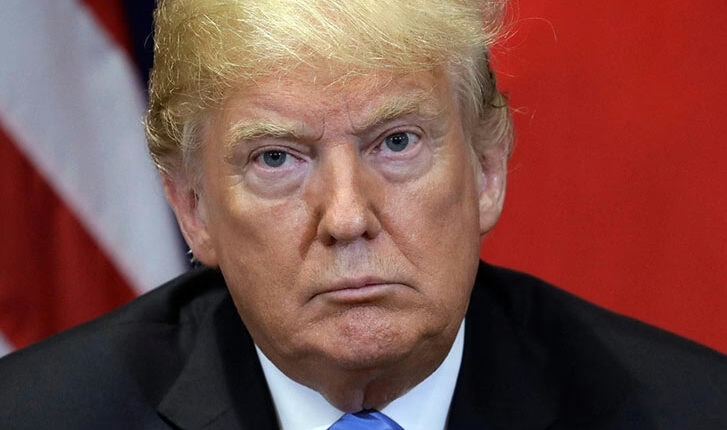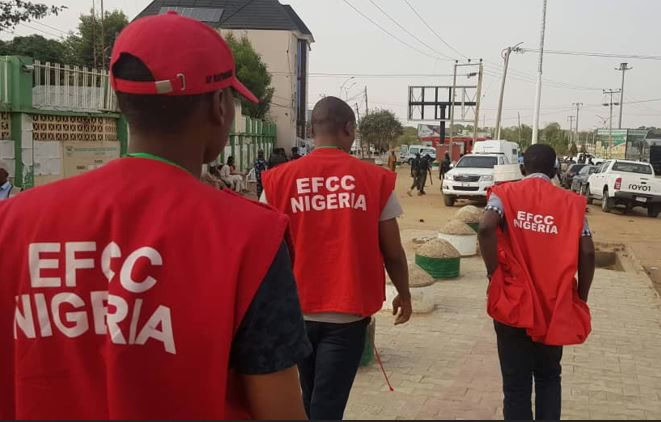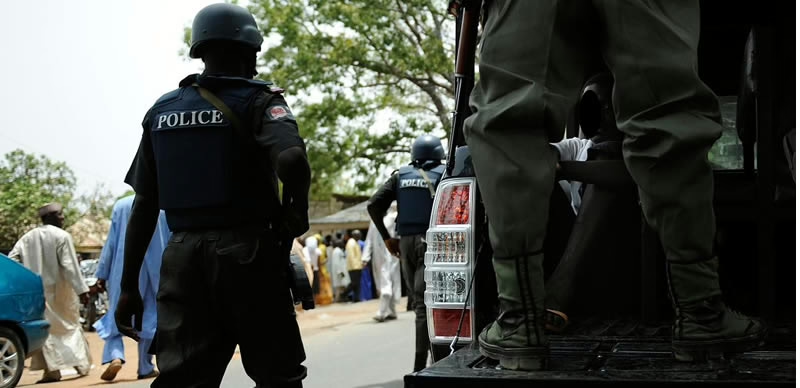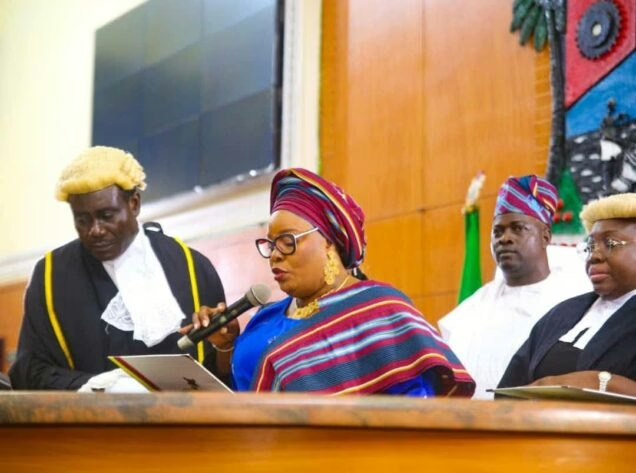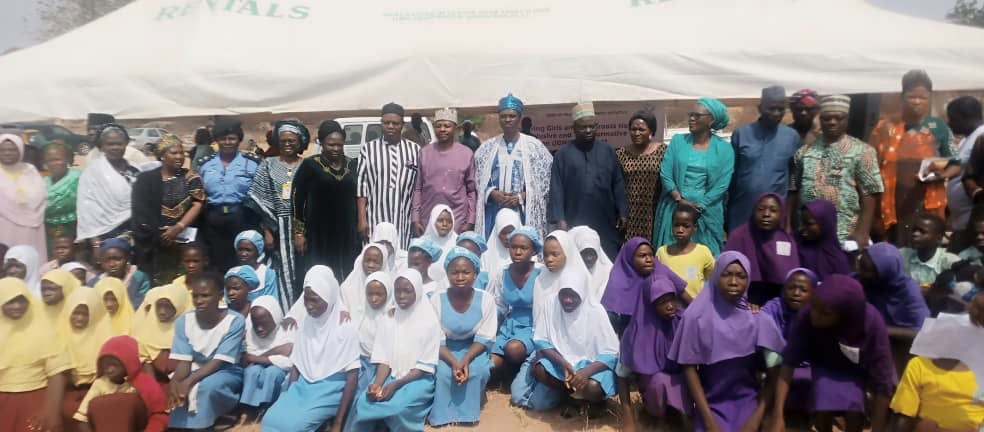Kogi governorship: A Post Mortem
Ododo, Melaye and Ajaka
Published By: Kazeem Ugbodaga
By Richard Elesho
The Kogi State governorship election was finally held on Saturday, 11 November, in an atmosphere of contained anarchy. Unlike the last exercise of 2019 that was characterised by the infamous ‘tra ta ta ta ta onomatopoeia’ and widespread killings, not more than two persons were reported killed on Saturday. One of the casualties was mowed down by law enforcers when he allegedly attempted to snatch a ballot box in Anyigba, Dekina Local Government Area. LGA. The second incident was in Okene.
Candidate of the All Progressives Congress, APC, Alhaji Usman Ahmed Ododo, won the election with a landslide. According to figures released by the Independent National Electoral Commission, INEC, Ododo trounced 17 other candidates to breast the tape.
The State’s Returning Officer, Prof. Johnson Urame, while declaring the result on Sunday, said Ododo polled 446,237 votes to defeat his closest rival, Alhaji Muritala Ajaka of the Social Democratic Party, SDP, who polled 259,052. Sen. Dino Melaiye of the Peoples Democratic Party, PDP, came a distant third with 46,362 votes, followed by his Okun kinsman Leke Abejide of African Democratic Congress, ADC who polled a paltry 21,819.
“Ahmed Usman Ododo, having satisfied the requirements of the law, is hereby declared the winner of the election and is returned elected.”
With a governor-elect in waiting and his inauguration scheduled for 27 January 2024 by statute, goodwill messages from across the state and beyond have been pouring for the new power block.
Ododo made a triumphant visit to the INEC office in Lokoja, the state capital, on Friday, 17 November. It was more of a jamboree as the government and the entire party mobilized their structures to witness as the apex E
election body presented him and his Running Mate, Joel Ododo with their certificates of return.
As predicted by bookmakers, the election was not fought on ideological fields but more on the tufts of religion and clannish faultiness. The bulk of Ododo’s votes were cast by his Ebira kinsmen in Kogi Central. In fact, it is umbrageous that more than 70 per cent of the votes came from the five LGAs in that zone. About 17 per cent are from seven LGAs of the West and a meagre 12 per cent are from the Igala dominated Kogi East’s nine LGAs.
The Okun people of Kogi West were, therefore, the ‘hero’ or the ‘villain’ of the contest (depending on the perspective or who is making the analysis). The election was envisaged as a triangular dog fight among the three ethnic groups. However, while each of the Ebira and the Igala voted massively for their own, the Okun threw theirs under the bus.
Vote-buying
The election was characterised by allegations and counter allegations of vote-buying across party lines and all over the state. Payment in cash and other items greatly influenced the behaviour of the electorate. The ballot market could be under decoy and sometimes in the open.
It was gathered that each of the parties fixed its own price per ballot. In the West Senatorial Zone, the ruling APC paid between N5,000 and N15,000 per vote. The money was accompanied by 3 to 6 yards of cheap fabric, called Ankara in local parlance. It was not unusual to find people on queue for their payment after casting their ballots.
A similar spectacle was reported in the Central. The party also offered money and clothes. However, the APC money was not widespread in the East, where the SDP’s Igala Agenda was the dominant mantra. Besides taking advantage of the undying desire of the East for power, the SDP could not muster enough financial muscle for the entire state. This partly explains its poor showing in other areas, especially in Okun land.
The PDP reportedly released N250,000 per Polling Unit across the state. An insider explained that the target of the party was 100 votes in each PU at N2,500 per vote. The strategy met a major obstacle in APC’s higher pay per vote, ending as a disaster for the main opposition party.
- Alleged manipulation of accreditation data on IReV unfounded – INEC
- Tinubu sets agenda for Uzodimma, Diri, Ododo on election victory
- How Ododo emerged Kogi Governorship winner: Infographic Representations
The ADC, which came fourth in the poll, also used money according to its ability. The party released N140,000 per Polling Unit in the West and some areas in the East. As it turned out, the allocation must have been too miserable for the needed impact.
Massive security
There was a heavy presence of security operatives days before, during, and after the election. Some 40,000 policemen, 20,000 soldiers, 10,000 secret police and an undisclosed number of Nigerian Security and Civil Defence Corps, NSCDC, and antigraft operatives were on ground for discreet operations.
The detectives kept the peace and ensured substantial compliance with the law by stakeholders. It was, however, a big minus on their total performance that they mostly looked the other side while votes were being purchased under their nose.
Leaked result sheets
Vote-buying was at an advanced stage when news of a more hideous infraction broke out. While accreditation and voting were gathering momentum words spread around, that prefilled result forms were circulating in parts of Kogi East, especially in Ogorimagongo LGA.
Worried by the intelligence, concerned people trooped to the streets in protest of the heist. In a reaction, the INEC suspended voting in parts of the affected area. The commission, in an update on situations where result sheets were completed before the commencement of voting, had this to say:
“The most critical incident occurred in nine out of 10 Wards in Ogori/Magongo Local Government Area (LGA.) We received reports of similar and other incidents in Adavi (5 Polling Units in Okunchi/Ozuri/Onieka Ward), Ajaokuta (5 Polling Units in Adogo Ward), Okehi (1 Polling Unit in Eika/Ohizenyi Ward) and Okene (5 Polling Units in Obehira Uvete Ward). Results from the affected Polling Units have been accounted for in Form EC40G for the four LGAS.
“However, in the case of Ogori/Magongo LGA, only the result of Oshobane Ward II with eight Polling Units and 2,264 registered voters has been collated. Election in the other nine Wards (Eni, Okibo, Okesi, Ileteju, Aiyeromi, Ugugu, Obinoyin, Obatgben and Oturu) involving 59 Polling Units and 15,136 registered voters remain suspended.”
The electoral umpires that initially announced rerun polls in the affected areas changed the plan by adopting the margin of lead rule.
Discrepancies on IRev Portal
As promised, INEC uploaded the result of each PU on its result verification, Irev, Portal. But there are glaring inconsistencies between the number of accredited voters on display and the figure on the result sheets. In most cases, the figure on the uploaded results was higher than the number of accredited voters. This was particularly true for Kogi Central.
Candidates of the SDP and PDP separately accused INEC of manipulating the figures in favour of the ruling party. They alleged that INEC rigged the election through the bogus figures on the result sheets.
Olive Branch and threats
In his acceptance speech, the governor in waiting called on his fellow contestants to forget the acrimonies of the election process and join hands with him in the task of governing the state.
Thus far, his invitation has landed on deaf ears. Although some of the candidates may have taken the outcome in good faith, the first and second runners up have indicated willingness to go to court with their grievances. The Kogi governorship race seems to be on its way to the final stage of the electoral process.
Ododo has won the ballot. Who will win in the court is the unanswered question.


